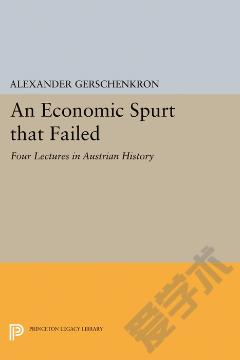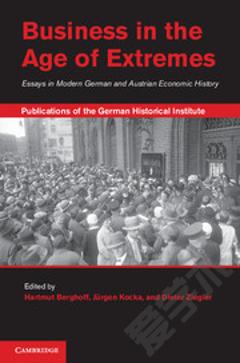An Economic Spurt that Failed —— Four Lectures in Austrian History
----- 经济快速增长后的衰落:奥地利历史四讲
In 1900 the newly appointed austrian prime minister, ernest von koerber, initiated a novel program of economic development designed to solve the political and economic problems of the habsburg monarchy. Ambitious and ingenious as the plan was, it proved a failure, and in this book alexander gerschenkron assesses its career and significance for both austrian and european history. The author explains the importance of koerber's experiment as a way of increasing austria's economic strength while drawing the country out of divisive political struggles. He ascribes its failure primarily to the obstructionist tactics of eugen von boehin-bawerk, the famous economist, who headed the austrian ministry of finance. In describing the experiment's brief but striking success, professor gerschenkron challenges the widespread belief among scholars that disintegrating nationalist forces were irresistible.
{{comment.content}}








 京公网安备 11010802027623号
京公网安备 11010802027623号